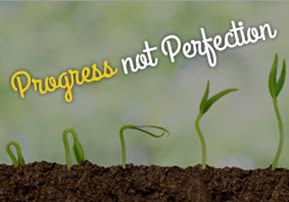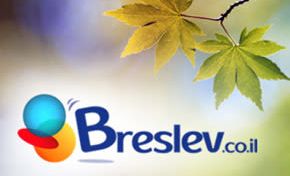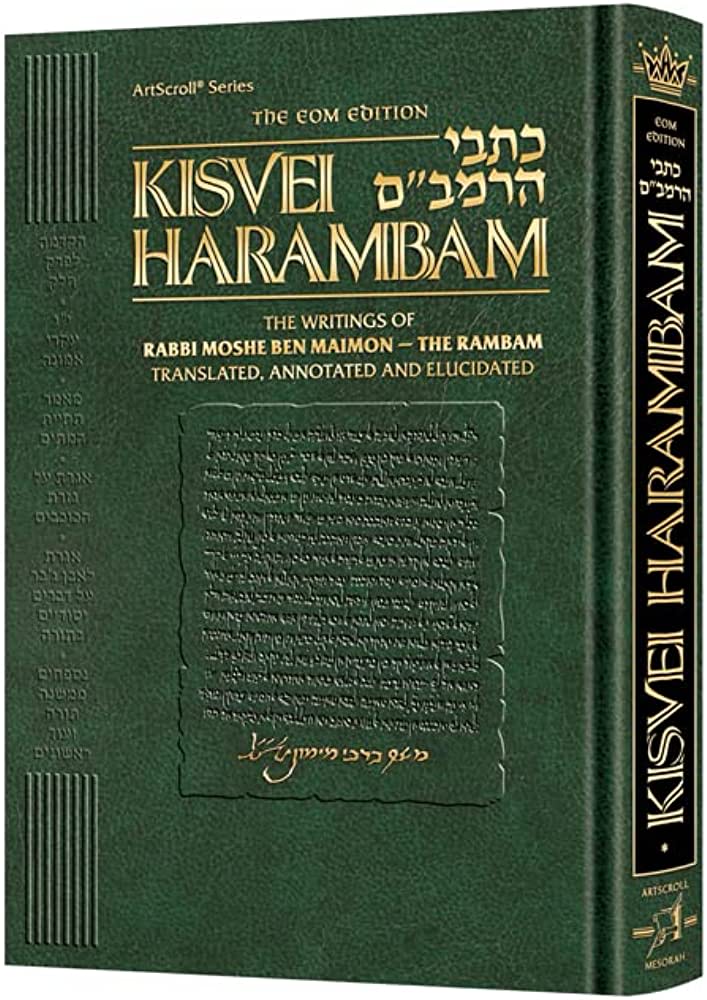
Progress not Perfection
There's a big difference between doing our best and being happy with the results and between striving for perfection and being disappointed when we never attain it...

In my line of work we use the term MVP (minimum viable product) regularly. Loosely defined we look at every project we are working on and determine at what minimum level the project will be complete enough for release. Although one may think this means we are willing to release inferior products the truth is actually far from that. We always strive to release exceptional products but we’ve learned that there is a major difference between exceptional and perfect.
Exceptional means we’ve done our best work, that we strived to reach the MVP of the project in a manner we are proud of, and that we recognize and embrace the fact that the project can always be improved upon.
However, striving for perfection means we’ll never finish a project and if, by some chance, we ever do  release the product we consider “less than perfect” we’ll be dissatisfied with it because our focus will be on its flaws and not on all the things that are right with it.
release the product we consider “less than perfect” we’ll be dissatisfied with it because our focus will be on its flaws and not on all the things that are right with it.
When our projects are done with excellence and we release our MVP we open ourselves up and make room for the progress that can be made in the next release.
I watch the clip of Rav Ovadia Yosef osb”m regarding Jews entering Temple Mount and smiled at the learning opportunity. You see, back in 2001, I was blessed to be able to visit Israel and spend a couple weeks in Jerusalem. At that point I had barely been introduced to the concept of Bnei Noach and was still feeling my way around having left the xtian church a few years prior.
One of the big events I participated in was a coordinated march to the entrance to Temple Mount in symbolic demand that the entrance be opened and the Jews be allowed to enter. There were what seemed like a couple hundred or so people who made the march, waved flags and sang songs. I participated in the whole event and left feeling happy about being a part of this effort. However, after listening to the Rav’s statement, I realize I did not (and still do not) have a clue of all of the depth and details of entering the Temple Mount.
At that point in time I was doing my very best (my MVP) with the level of understanding I had. But I also knew that I certainly didn’t know everything and, in fact, I knew very little. That knowledge allowed me the room to grow, to question, to learn and reevaluate what I “knew” while at the same time giving my best effort to be exactly in the place I was.
Skip forward just over 13 years and I’m still doing my best with the level of understanding that I have. I still know that I’m just scratching the surface of all there is to know but I’m thankful for the learning opportunities that Hashem has given me. I also do not feel foolish for the way I felt 13 years ago or even yesterday for that matter. With Hashem’s help, by focusing on the progress and not my lack of perfection, I am able to continue to move forward with my daily efforts.
I’m a work in progress, we all are. If we embrace this fact we can look at our learning opportunities with joy and anticipation for the new level of understanding we will achieve. If we are honest with ourselves, the world and Hashem, each day we can release our own personal MVP and thereby make room for new growth and lessons so that tomorrow our MVP will be just a little bit better.
Sometimes the lessons may be hard, and we may feel like we’ve lost days (or years) of progress. But if we are open and willing to learn, those lessons are often the ones that Hashem uses to prepare us to propel into a new level of understanding that we’d previously never even considered. Sometimes the lessons may be easy, and we feel like we are gaining new insights and understandings at lightning speed. In these times we must remember to be humble and thankful for if we allow ego into to the picture we will lose the ability to remain open to new lessons. Our vision can become clouded and our progress stalled.
By keeping our hearts and minds open and focused on Hashem, by engaging our emuna and embracing the path, we are able to continue to make progress without feeling foolish for the past, prideful over where we are, or nervous about lessons yet to come.
* * *
Jennifer invites you to participate in a regularly held Noahide on-line study group that reviews the garden series books of Rabbi Arush. You can contact her at jenniferjwoodward@gmail.com for dates and times.










Tell us what you think!
Thank you for your comment!
It will be published after approval by the Editor.